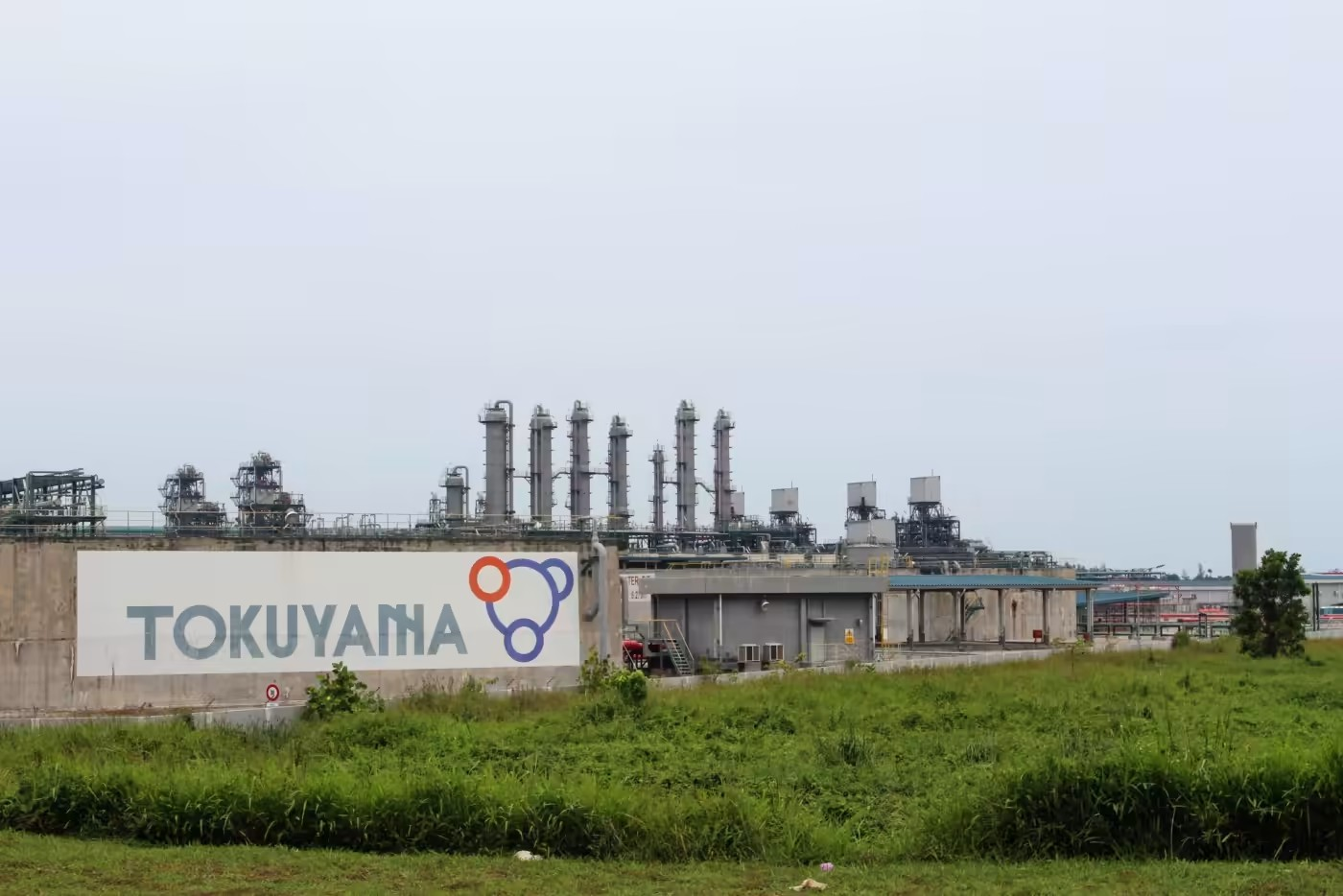
This decision is part of a larger initiative aimed at reinforcing supply chains across the region, with a cumulative investment projected at around 100 billion yen ($679 million).
The Ministry of Economy, Trade, and Industry of Japan will soon disclose details on 13 projects set to share 35 billion yen ($238 million) in subsidies, encompassing various ASEAN nations. This scheme is intended to enhance the competitive stance of Japanese enterprises within these markets.
At the core of these endeavors is the semiconductor industry. Notably, Japan is supporting Mitsumi Electric in establishing a semiconductor packaging line in the Philippines, reflecting a significant commitment to the sector.
In Vietnam, Tokuyama is poised to benefit notably from this subsidy program. The company disclosed plans during a 2023 interaction with Ba Ria-Vung Tau provincial leaders, outlining the development of a facility dedicated to the grinding and purification of polysilicon in the Phu My 3 Specialized Industrial Park. This facility, focused on producing polysilicon for semiconductors and solar cells, represents an investment of $30 million and will span 5 hectares.
Beyond semiconductors, the Japanese strategy also touches on automotive advancements and environmental sustainability. Initiatives include Isuzu and Mitsubishi's pilot projects for electric vehicles featuring modular batteries and swapping stations in Thailand. Such ventures aim to establish a robust battery supply chain in a market increasingly dominated by Chinese EV firms.
Furthermore, Japan is nurturing the production of sustainable aviation fuel (SAF) through projects led by Sojitz and Green Power Development in Southeast Asia. The goal is to boost SAF usage to approximately 10% of total aviation fuel by 2030, thus diversifying Japan’s energy portfolio and reducing carbon emissions.
In the renewable sector, support extends to a collaborative project between Toyo Engineering and Itochu, which focuses on utilizing green hydrogen for ammonia production in Indonesia. Green hydrogen, which generates no carbon emissions during production, is pivotal to Japan's transition to a greener economy.
As Japanese automakers continue to assert their dominance in the ASEAN region, competition from Chinese companies like BYD, which is escalating its local production of electric vehicles, remains fierce. This is especially evident in Indonesia, where China has secured a considerable segment of the nickel supply chain, critical for EV battery production.
Tien Le